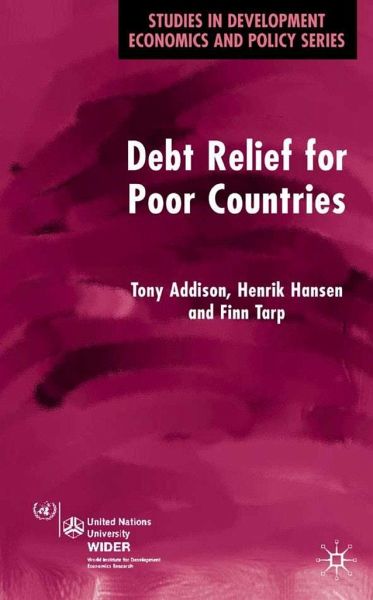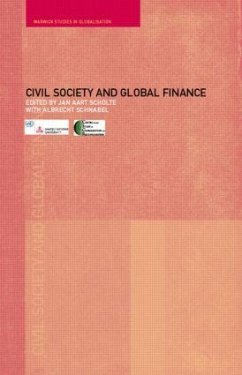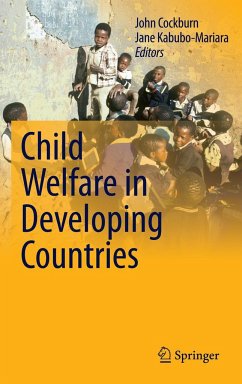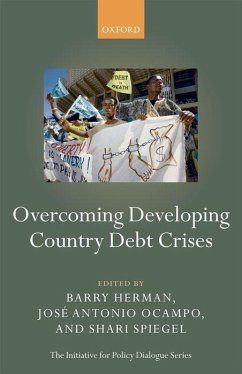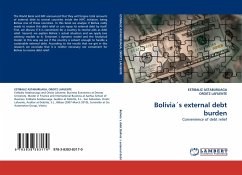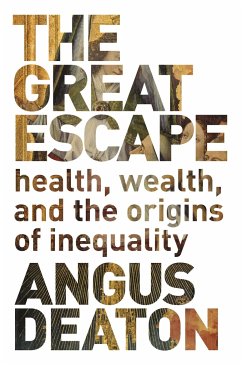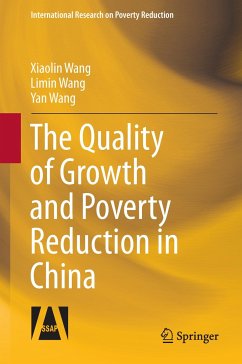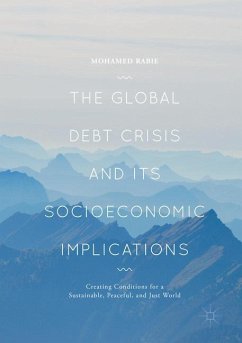JEAN-CLAUDE BERTHÉLEMY Professor of Economics, University of Paris 1 Pantheon Sorbonne, France ARNE BIGSTEN Professor of Development Economics, Göteborg University, Sweden NANCY BIRDSALL Founding President, Center for Global Development, Washington, USA ABDUR R. CHOWDHURY Director, Economic Analysis Division, United Nations Commission for Europe, Geneva, Switzerland STIJN CLAESSENS Professor of International Finance, University of Amsterdam, The Netherlands ERA DABLA-NORRIS International Monetary Fund, USA ISHAC DIWAN Company Director for Ethiopia and Sudan, World Bank, USA BENNO FERRARINI Director of Economic Research at the World Trade Institute, Switzerland RASMUS HELTBERG World Bank, USA JÖRGEN LEVIN Research Fellow, Örebo University, Sweden JOHN M. MATOVU International Monetary Fund, USA OLIVER MORRISSEY Director, Centre for Research in Economic Development and International Trade, University of Nottingham, UK MACHIKO NISSANKE Head of Economic Department, School of Oriental and African Studies, University of London, UK CATHERINE PATTILLO Senior Economist, International Monetary Fund, USA HÅKAN PERSSON Associate Professor of Economics, Örebo University, Sweden HÉLÈNE POIRSON Economist, International Monetary Fund, USA AMINUR RAHMAN PhD candidate in economics, University College, London, UK LUCA ANTONIO RICCI International Monetary Fund, USA KENNTH SIMLER Research Fellow, International Food Policy Institute, Washington, USA PAUL WADE World Bank,USA
